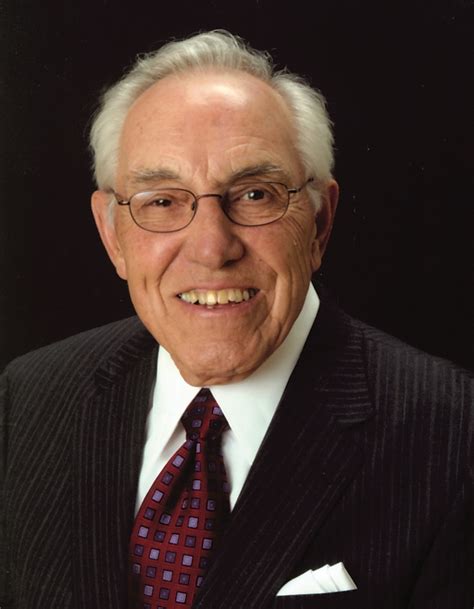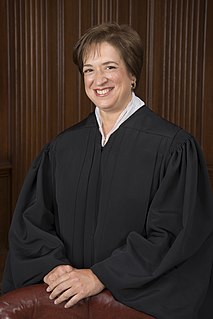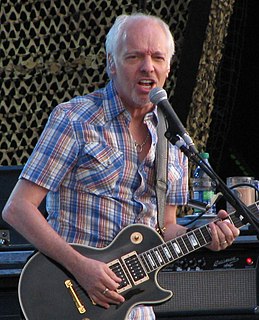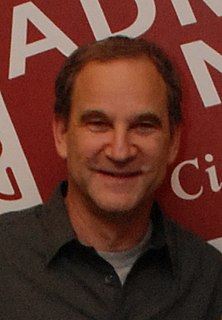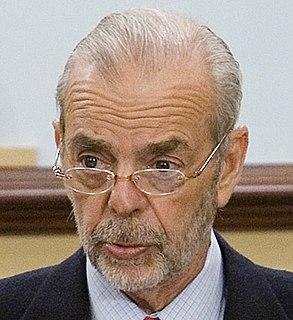A Quote by Keith L. Moore
The IMPP work was already very important. The recent AOL action might reinforce public perception that a standard is needed, but I think the public already realized this.
Related Quotes
The perception that I was just a pop star was pushed upon me by the public, and it's very hard to change the public's perception even though I never really pushed aside the musician aspect of my career. After I released 'Fingerprints,' my peers reassured me that I was on a level that I always hoped I would be on.
You always have to remember in this business that the public doesn't care about us. It's very important to keep that in mind. If there is a public perception at all, they see the producer as a big old guy who smokes a cigar and has lots of money and lots of power. That's not what a producer is and, if it ever was what a producer was, it certainly hasn't been for a long time.
I think polling is the best way of gauging public opinion - doing something that's independent, that's quantitative, that doesn't give just the loud voices about how things are going; or doesn't give so called experts the notion that they know what public opinion is. I think that's what makes public opinion polling pretty important. Qualitative assessments of public opinion; going out and talking to people and understanding the nuance to what's behind the numbers. I think it's awfully important as well.
There's no question that in my lifetime, the contrast between what I called private affluence and public squalor has become very much greater. What do we worry about? We worry about our schools. We worry about our public recreational facilities. We worry about our law enforcement and our public housing. All of the things that bear upon our standard of living are in the public sector.
I think polling is important because it gives a voice to the people. It gives a quantitative, independent assessment of what the public feels as opposed to what experts or pundits think the public feels. So often it provides a quick corrective on what's thought to be the conventional wisdom about public opinion. There are any number of examples that I could give you about how wrong the experts are here in Washington, in New York and elsewhere about public opinion that are revealed by public opinion polls.
I have to say I'm all for public flogging. One type of criminal that a public humiliation might work particularly well with are the juvenile delinquents, a lot of whom consider it a badge of honor to be sent to juvenile detention. And it might not be such a cool thing in the 'hood to be flogged publicly.
In effective, sustained citizen action, people learn the skills of public life with which to act effectively. "Commons," or the common wealth-the public goods that are objects of sustainable public action-become not only occasions for collaboration by invaluable sources of citizen education in their own right because they are the occasions for learning such skills.
